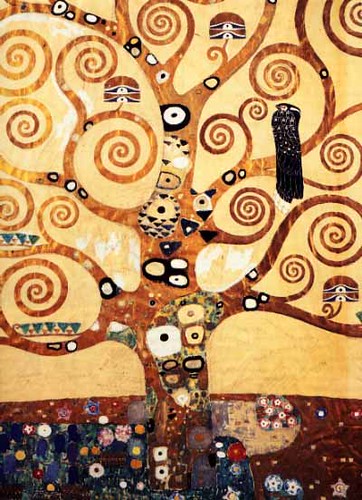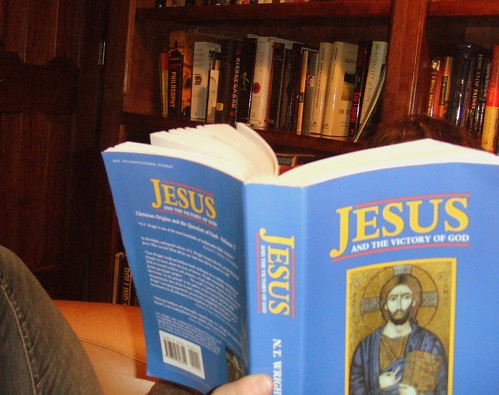Are Christians afraid of conversation?

Since the publication of What to Do on the Worst Day of Your Life in March, I have given a few dozen interviews, mainly on talk radio, and I have noticed something that bothers me. These interviews have been pretty evenly divided between mainstream format radio and Christian format radio. Generally, the questions I’m given on mainstream radio are thoughtful, and at times challenging, leading to a lively and substantive conversation. Conversely, the questions I’m typically given on Christian radio are shallow and trite and I have to work at preventing the conversation from becoming glib. That may sound a bit harsh, but I’ll stand by it. Read more
 This is an excerpt from chapter eight of my new book,
This is an excerpt from chapter eight of my new book, 
